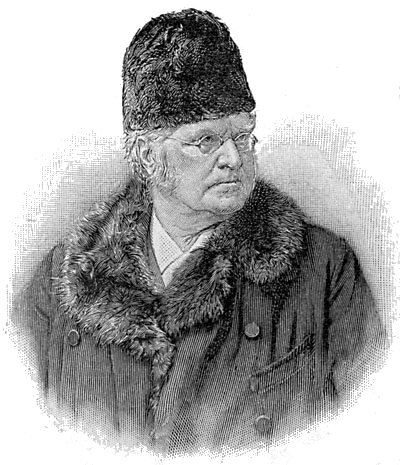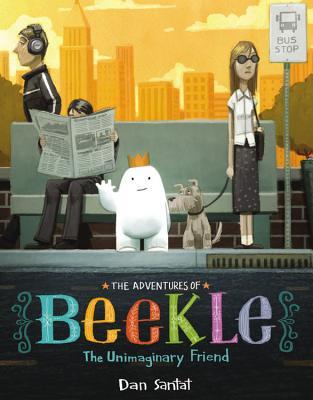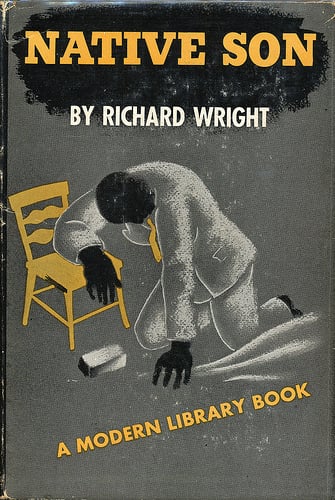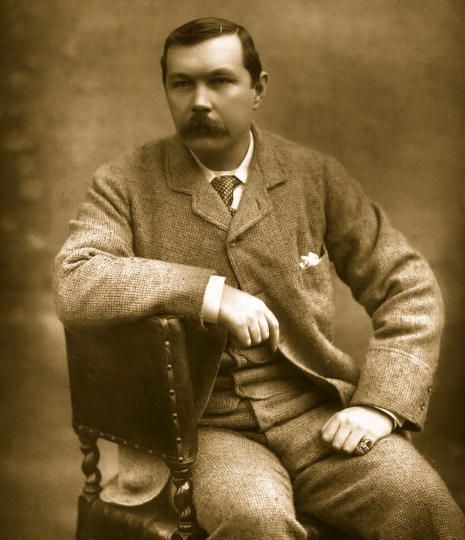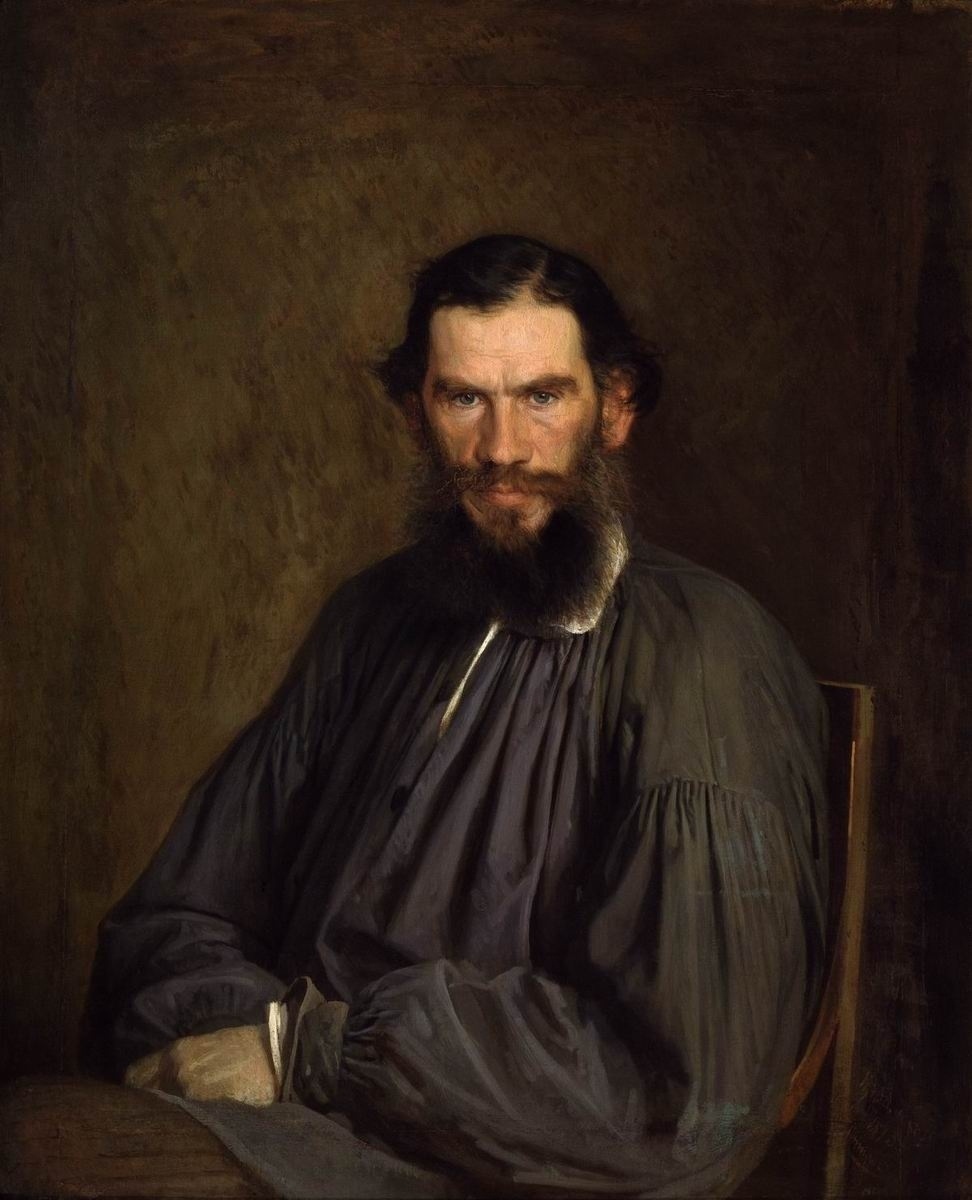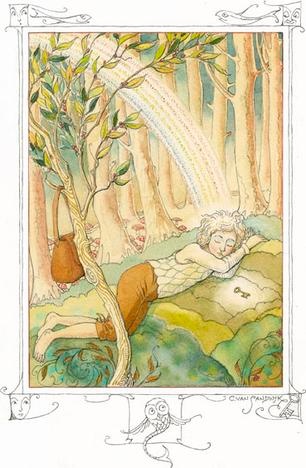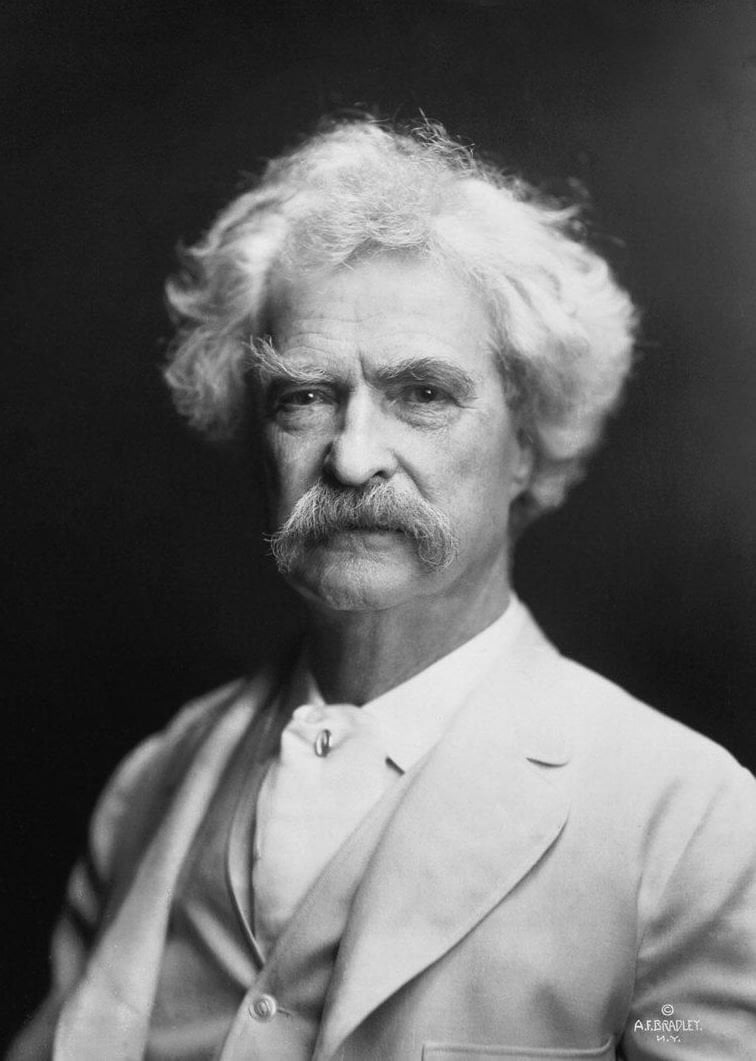
Mark Twain’s politics can be slippery to pin down, in large part because the modern popular conception of Twain is of a man who loathes and disrespects politics. By all accounts Twain himself did everything in his power to foster that conception. He may not have given the quote about politicians and diapers which is often erroneously attributed to him (that they “should be changed often, and for the same reason”), but he did assert that “often, very often, in matters concerning religion and politics a man's reasoning powers are not above the monkey's,” and that “In religion and politics people's beliefs and convictions are in almost every case gotten at second-hand, and without examination, from authorities who have not themselves examined the questions at issue but have taken them at second-hand from other non-examiners, whose opinions about them were not worth a brass farthing.” In spite of his expressed aversion to the political, however, Twain’s true political leanings shone through in both his work and his public persona.
Read more...





